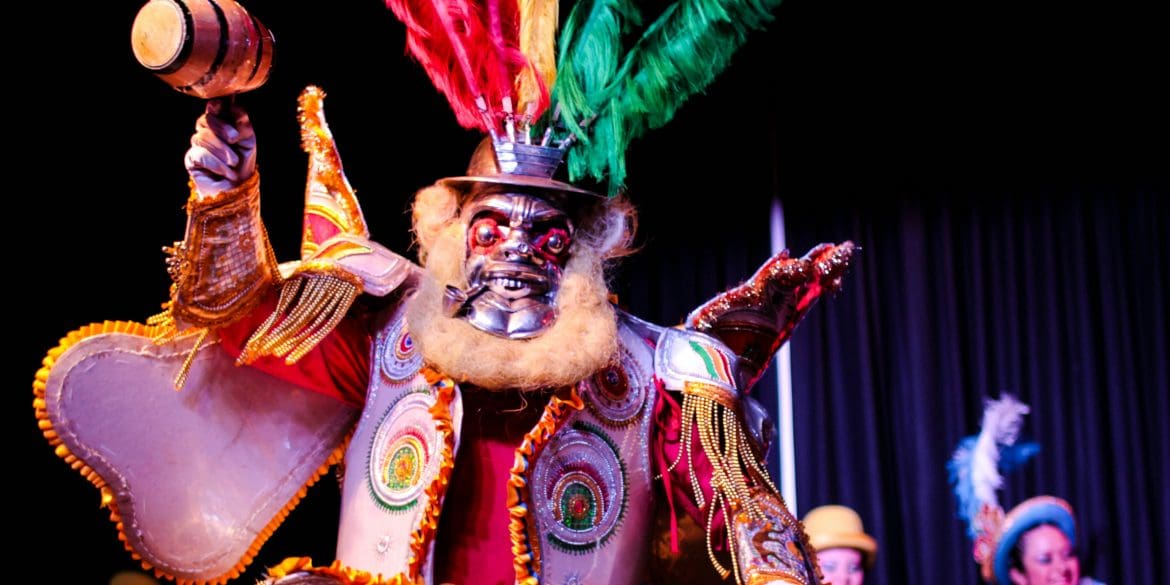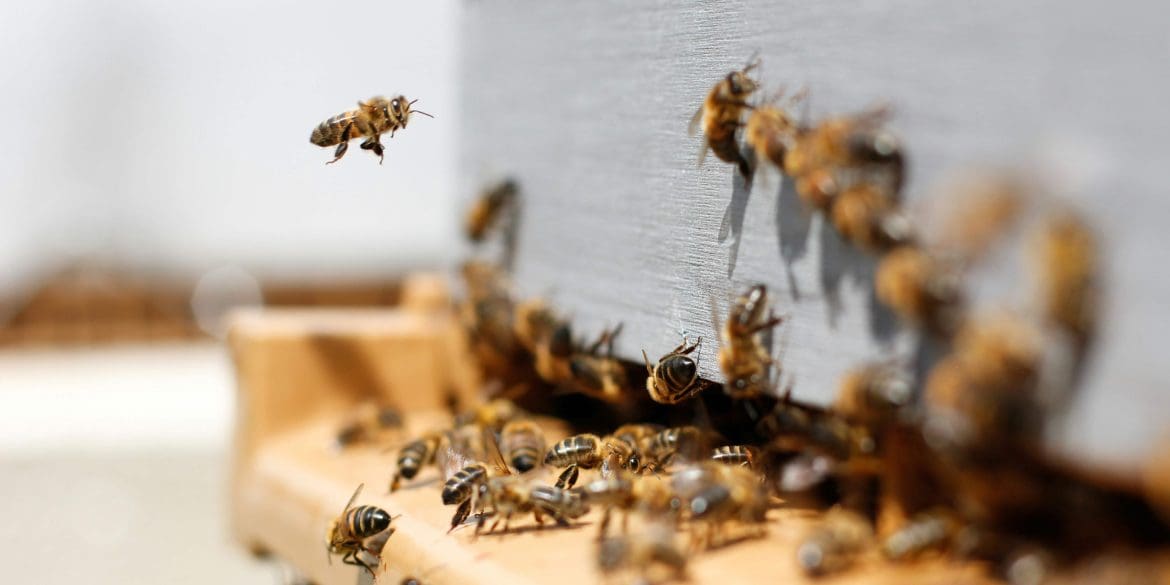This autoethnography about same-sex love poses spiritual debate on the processes of grieving and interment.
Commercial genetics has become a cultural phenomenon. In this piece, I use autobiography to document discovering my biological father.
The cultural issues being addressed are how intergenerational knowledge is passed down between women and girls in the kitchen.
An empowered inner authenticity that supersedes the pressures faced by twenty-first century generations - striving for an unattainable false perfect ‘self’.
My Body Is a Suitcase: An Autoethnographic Exploration of Links between Childhood Sexual Abuse and Eating Disorders Author’s memo In...
“blackwomanatwork” came out of my experiences working in academia as a first-generation immigrant black woman from the Caribbean.
In this four-part series, I’ll take you back through my journey from the beginning. To explore how the conditioning of the Western environment I was born into served in disconnecting me from my own inner authenticity.
This piece is a creative reflection which emerged out of the auto-ethnographic reflections from my PhD around research extraction.
I’ll take you back through my journey and then reveal how I overcame my mental health challenges and reconnected with my true self.
Madison, Wisconsin is full of surprises, sometimes entertaining, always enlightening. But I didn’t plan for an abortion protest during a family weekend.
As I discuss my first queer event, a book discussion about a queer young adult book, Canto Contigo, I will explore my anxieties about my sexual identity, and the repercussions of this community warfare.
This article is a prequel to ongoing research into DIY Healing Within Ancestral Lands. A project born of growing up in a family system that was not kind, welcoming or loving.














